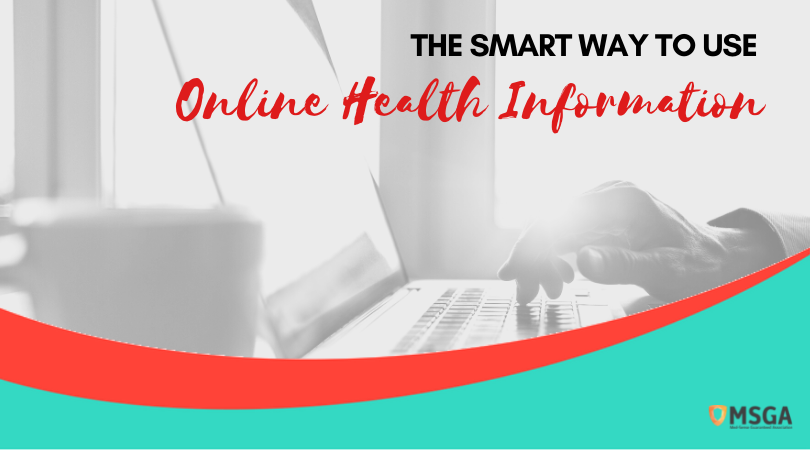You can find valuable information and support through visiting health related websites. It’s a convenient way to promote your wellbeing and explore sensitive subjects in the privacy of your own home. These are some tips for staying safe and using online health information to help yourself and others.
Safety
- Stick to reputable sites. There are many high quality sites to choose from, including those affiliated with major universities or government agencies. Be cautious about any health related website that is trying to sell their own line of products or fails to mention their credentials.
- Continue seeing your doctor. Online information works best in conjunction with traditional care. You still need your doctor to get a specific diagnosis, individual treatment plans and prescriptions.
- Protect your privacy. Know who you’re dealing with before you disclose any personal data online. Federal laws like The Health Insurance Portability and Accountability Act of 1996 include safety standards for electronic health care transactions.
Helping Yourself
- Check out your symptoms. Looking up your symptoms on your own can point you in the right direction. Recognizing the signs for strokes or other serious events enables prompt medical attention and better outcomes.
- Stay calm. That rash is more likely linked to your new laundry detergent than to a rare tropical disease. Keep in mind that general symptoms like fatigue or weight gain have multiple causes, so hope for the best and see your doctor to be sure.
- Focus on wellness. Studies show that most people wait until they feel ill to start searching for information. Be proactive. Seek out advice for staying fit and dealing with common conditions before an emergency arises.
- Get tips for daily living. Doctors often need to limit the time they can spend with each patient. After you get a medical checkup, go online to find additional tips about how others cope with arthritis or back pain when it comes to household tasks or exercise routines.
- Hook up with local resources. Let the Internet guide you to resources in your own neighborhood. Look up support groups or practitioners with the specialties you need.
- Sift through the data. It’s easy to get overwhelmed with so much material available. Learn at your own pace and find sites that you enjoy reading.
- Talk with your health care team. Discuss what you read with your doctor and nurses. Being an empowered patient helps you get better care.
Helping Others
- Become a more effective caregiver. Caregivers play a vital role in passing on health information. This is especially true if you’re assisting a senior who may feel uncomfortable with new technology.
- Get young people off to a good start. It’s common for youths to feel invincible. Encourage your kids to be curious about health issues. When they know more, they can make better choices about everything from cigarette smoking to getting enough sleep.
- Manage chronic conditions. Those with chronic conditions tend to be heavy users of online health information. If you have valuable life experience, share what you know in support forums. If you’ve been recently diagnosed, give others the chance to enjoy the gratification of seeing you benefit from their trial and errors.
Take advantage of the opportunities that the Internet offers to become more knowledgeable and connected when it comes to health issues. You can improve your own life and reach out to others in need. Just remember to use these sites as a supplement to seeing your doctor who can provide individual diagnosis and treatment.

